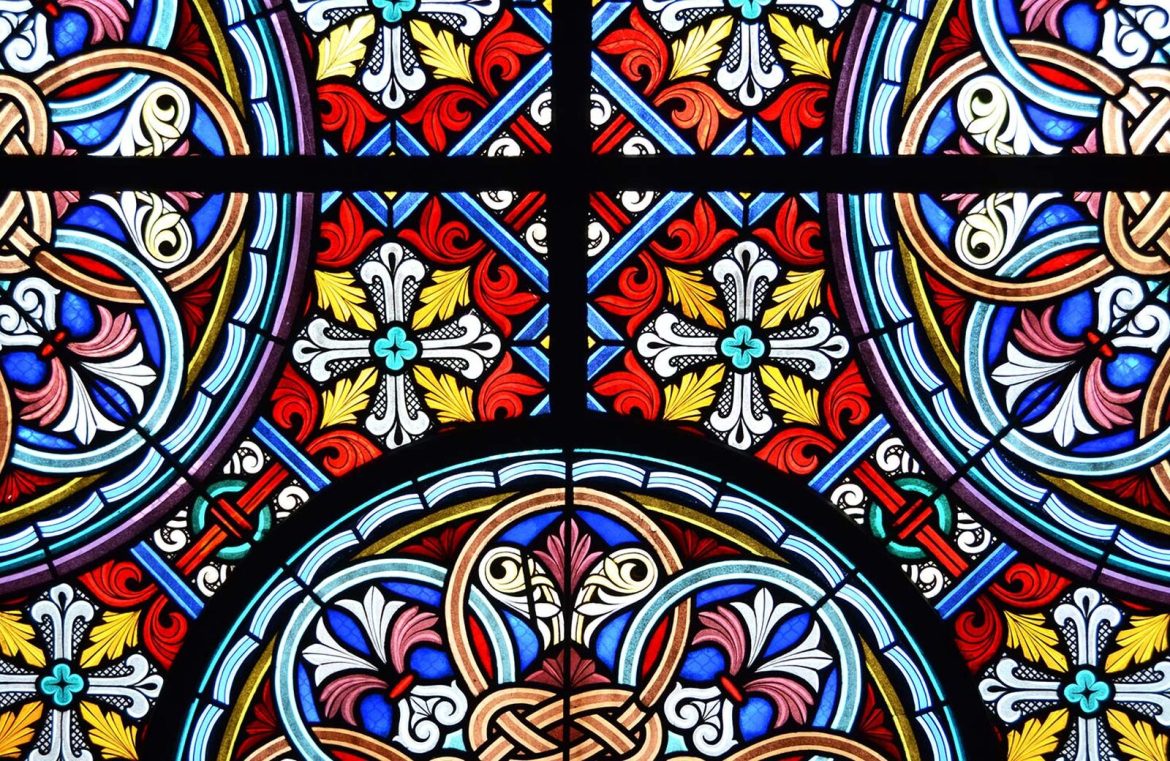 I’m selective when it comes to following back on Twitter. Like many, I prioritize quality over quantity in my social media circles, particularly because these connections often translate into business opportunities. That is, after all, the main reason we network.
I’m selective when it comes to following back on Twitter. Like many, I prioritize quality over quantity in my social media circles, particularly because these connections often translate into business opportunities. That is, after all, the main reason we network.
Daily, I sift through my Twitter follower notifications, perusing profiles to gauge whether they’re industry peers, active users, or perhaps just quote machines. I survey their content—are they serial thankyou-tweeters? Pill pushers? An incomprehensible babble of language? And then, I can’t help but notice the convergence of the personal and professional—profiles touting religious beliefs or unusual pastimes.
While my vehicle sports a whimsical nod to the Flying Spaghetti Monster, signifying my respect for all belief systems, I question the motive behind broadcasting one’s faith on a platform like Twitter, which isn’t exactly a mating site. Are religious declarations meant to filter out non-believers, or do they assert some kind of professional credibility?
At one networking function, I was taken aback when a young entrepreneur admitted preferring suppliers of her faith, equating their shared religion with honesty—a conversation that swiftly fell flat, illustrating a business opportunity spoiled by religious bias.
It’s a fundamental business principle: our professional network should transcend cultural, racial, and religious lines, especially when operating in a diverse, global market. The critical criterion should be competence, not creed.
Religious Branding: Business Boost or Bust?
The campaign trail during elections especially reveals how faith can become a political accessory, reminding us to weigh the pros and cons of sharing personal beliefs in a professional setting. One must contemplate whether the inclusion of political or religious stances fosters trust or fosters division, potentially alienating clients and colleagues.
Here are the considerations to mull over when personal beliefs cross into the professional realm:
- Does expressing my beliefs in a professional space foster trust with my desired network?
- Could my personal stances cost me business, and if so, is it worth it?
- Am I oversharing, potentially damaging my future prospects?
- Are my beliefs overshadowing my professional brand and services?
- Do these expressions of self truly serve my overarching reputation?
- Do my shared beliefs align with the professional image and messages I hope to project?
- How necessary is it for my network to know these aspects of my private life?
A wary recruitment expert might caution you against revealing too much personal detail online, which might conflict with your employer’s or clients’ expectations.
“Your right to free speech can be protected, but it may not cover speech that hinders your employer’s operations or disrupts the workplace,” a hiring manager could advise.
Canine Affinity as a Hiring Metric?
During an office visit, a jovial Lab greeted me with enthusiasm, leading to an unexpected affection exchange that turned out to be a pivotal part of my job interview—animal-friendly candidates were clearly favored here. It illustrates how sometimes even the smallest personal preferences can influence business decisions.
Similarly, another hiring instance showed me how off-putting a resume could be when hobbies listed tilt toward the extreme. This is why it’s commonly advised to steer clear of disclosing too much personal information on professional profiles. What’s meant to convey stability might inadvertently signal potential liabilities.
Online Anonymity in the Professional World
The human condition is complex and filled with biases and assumptions. As a proponent of the ‘schadenfreude’ philosophy, I’ve learned to research connections thoroughly online before engaging. In today’s digital age, employers, collaborators, and stalkers like will scour the internet for insights into who you are, often basing crucial decisions on their findings.
The tale of my eldest son and how maintaining online anonymity protected him from school embarrassment only underscores the power of the internet search. It’s a lesson in discretion—the less you reveal, the more you may preserve both personal and professional dignity.
Do you display your religious, political, or sports team affiliations on social platforms? Has this ever impacted your career opportunities? We’re curious to hear your experiences, so share your thoughts below.
[Thumbnail image credit: Stained glass via Shutterstock]

